Home> Company News> Best Techniques and Tips for Guitar Learners
- AddressShan Dong Province Weifang City
- Factory AddressShan Dong Province Weifang City
- Worktime9:00am~6:00pm
- Phone(Working Time)+8613305315989
- Phone(Nonworking Time)+8613305315989
Best Techniques and Tips for Guitar Learners
2017-05-16 17:57:46Best Techniques and Tips for Guitar Learners
If you watch any of the best players in the world, regardless of whether they play classical tunes or heavy rock, they all have one thing in common — good technique, meaning they’re properly applying all those basic requirements for playing great guitar. Have a look at someone like John Petrucci (Dream Theater). Sure, on first impressions he’s going to frighten the hell out of your grandmother, but check out his left hand as he performs. Those blistering solos and chord progressions are achieved with what seems effortless ease and minimal movement, all because Petrucci mastered how to play the guitar with good technique from the start. Good technique, in the final analysis, is the proven best and most proficient way to play, putting your hands and fingers in the right place at the right time.
A lot of the time we find myself getting frustrated and wanting to learn and move along faster. Well like anything else practice makes perfect, and there are no short cuts. And anything worth doing is worth doing right.
The best way to do is to apply the theory to the practical.Music theory, depending on who you believe, is either the cornerstone of all musical knowledge or a cavalcade of overly complex and ultimately pointless waffle.Plenty of high profile musicians consider themselves to be self-taught, and claim not to understand the conventions that make up traditional music theory. Yet by making music which uses chords, scales, rhythm and melody, players are by default using some form of theory. They maybe just don’t realise it.As an aside, we should probably make a gentle disclaimer that this article doesn’t intend to teach you music theory for guitar learner beginners in 800+ words. As a subject, it’s far too wide and far-reaching to even scratch the surface. Instead, we’ll offer you some thoughts, and hopefully some inspiration, as to why
biting the bullet and accepting music theory might just be the best decision you ever make as a musician.
Tip #1 – Forget technique (for now…)
Ask most guitar players what they rate above anything else and
you’ll probably find ‘speed’ at, or indeed near, the top of the list.
When we were starting out, we’d see the guy at the local guitar
shop busting out all that sick hyperspeed shredding and think
that’s what we wanted to do.
Or, we’d hear the guy noodling away over a blues standard, or
the jazz player with his fingers contorted all over the fretboard,
and wonder how they are able to do this. Witchcraft?! Actually,
no. Two very simple things a player does, usually early in the
journey, unlock these impressive skills; practice and theory.
It’s all very well playing like your fingers have servo motors
installed at the knuckles, moving around the fretboard with
effortless dexterity. But if you don’t know where you’re going, or
why, it’ll sound like a terrible racket. So the wise players take
speed and technical ability, and apply it on top of a base of
theory. Spend as much time on the ‘why’ as you do on the ‘how’,
and your playing will come along twice as quickly.
Tip #2 – Learn the lingo
As with any new skill, the world of music theory is subject to a
whole heap of its own idiosyncratic words and phrases. That in
itself is enough to confuse the hind legs off a mixed metaphor. It
doesn’t help that large swathes of it are lifted from Italian, so
there isn’t always an obvious or easy answer.
Don’t let it put you off though. The truth is that you don’t need
to know the entire dictionary in one go. The same as you
wouldn’t if you were learning a foreign language. Identify what
the common terminology is and swot up on that.Then you can
gradually add to this as you progress.
Tip #3 – Unlock the secrets
Have you ever been improvising, and found that certain
patterns of notes just work. Or embedded into your head –
subconsciously or otherwise – where the duff notes are that
you want to avoid after certain notes or chords? This, my friend,
is exactly what music theory can help with.
You see, it’s no accident the way a fretboard, or a keyboard, is
laid out. Hidden within those things lies the keys to your
innermost creative thoughts, just waiting to be teased out.
People who don’t have a solid grounding in theory can access
the same notes. However, they’ll take far, far longer to piece
together something than a theory-trained musician can.
Another way to think about it concerns song writing; how often
have you had a basic tune or melody in your head, yet struggled
to ‘download’ it from your head and onto the instrument? At
least with a working knowledge of theory, you can quickly get
yourself into the right areas. Consider it a musical headstart.
Tip #4 – Keep learning
Like with anything worthwhile, there isn’t a shortened version of
music theory you can bluff your way into. If you want to truly
enjoy the benefits, you have to put the graft in. There is no
TLDR version of music theory. Well, actually there is here, but
even that will confuse you to start with.
You have to play the long game. Accept that it will take you
ages. Allow yourself the fact that you’ll be rubbish to start with.
You’ll keep forgetting things, and question the pointlessness of
it all. But stick with it and slowly you’ll find ways in which music
theory will help improve your playing exponentially.
Tip #5 – Eyes on the prize
We’ll end with a cautionary tale; many a learner has been put
off by what they see as hard work. Particularly when a lot of
that hard work doesn’t involve learning to play the songs you
like. Going too hard on the theory, and forgetting why you
started in the first place, is an easy way to get into a rut.
Remember what it is about playing your instrument that you
like, and ring-fence that feeling. All those times that you’re
getting fed up with theory, remember back to how good it feels
when you nail a riff or write something catchy. Remember as
well that musical theory is only ever going to make you a better,
more well-rounded player in the future.
www.guitarchordsshop.com features in good quality custom-made guitars,we make many types of acoustic guitars,electric guitar,acoustic electric guitars,basses etc..like martin om guitars,om 45 om42 om 28,ooo 45,ooo 42 ooo28s 000 28ec eric clapton acoustic guitar, ooo 45sc stage coach, d 45s d 45vintage,d28 authentic, d 28 vintage,d28 marquis,d 35 anniversary,martin hd28v vintage,hd 28 acousticguitar,d45e retro,jumboj 200sj200 hummingbird,k 22ce,k24ce,916ce,914ce,918ce,910ce,810ce,814ce,714ce,tele,strat,prs,4003 rickenbacker,4 string,6 string,7 string,8 string,12 string acoustic electric guitars,basses.We only make good quality guitars. To customized a guitar of your own. Start your Guitar music journey from here:www.guitarchordsshop.com www.greatguitarshop.com [email protected]
https://www.facebook.com/goodcustomguitars
https://www.facebook.com/guitarchordsshop


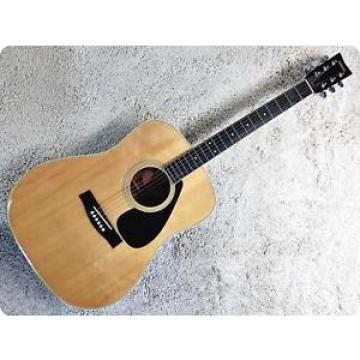 YAMAHA martin guitar strings acoustic medium FG-201B martin guitar accessories Japan martin Vintage acoustic guitar strings martin Acoustic martin acoustic guitars Guitar AG40 W40 GA057 RARE
YAMAHA martin guitar strings acoustic medium FG-201B martin guitar accessories Japan martin Vintage acoustic guitar strings martin Acoustic martin acoustic guitars Guitar AG40 W40 GA057 RARE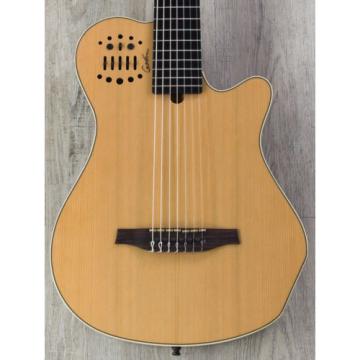 Godin acoustic guitar martin MultiAc martin guitar accessories Grand dreadnought acoustic guitar Concert martin guitar strings 7 martin d45 SA Acoustic-Electric 7-String Guitar, Natural
Godin acoustic guitar martin MultiAc martin guitar accessories Grand dreadnought acoustic guitar Concert martin guitar strings 7 martin d45 SA Acoustic-Electric 7-String Guitar, Natural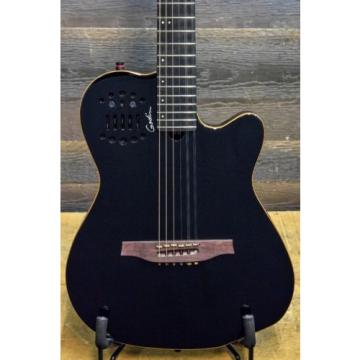 Godin acoustic guitar martin A10 guitar strings martin Black martin guitar accessories Steel martin d45 HG martin guitar strings acoustic medium "SF" 10-String SA El.-Acoustic Guitar w/ Bag #13342127
Godin acoustic guitar martin A10 guitar strings martin Black martin guitar accessories Steel martin d45 HG martin guitar strings acoustic medium "SF" 10-String SA El.-Acoustic Guitar w/ Bag #13342127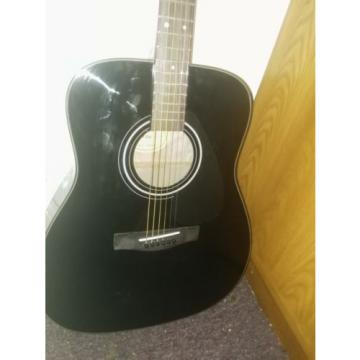 Yamaha martin d45 Acoustic martin guitar strings acoustic medium Guitar acoustic guitar martin martin guitars martin acoustic guitars
Yamaha martin d45 Acoustic martin guitar strings acoustic medium Guitar acoustic guitar martin martin guitars martin acoustic guitars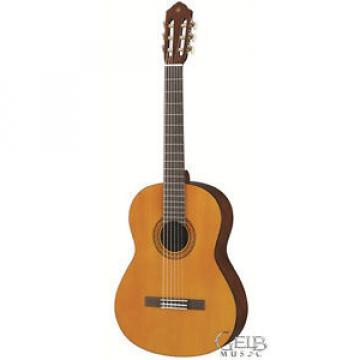 Yamaha acoustic guitar strings martin C40II martin d45 Classical martin guitar strings acoustic medium Acoustic martin acoustic strings Guitar dreadnought acoustic guitar - C40II
Yamaha acoustic guitar strings martin C40II martin d45 Classical martin guitar strings acoustic medium Acoustic martin acoustic strings Guitar dreadnought acoustic guitar - C40II
